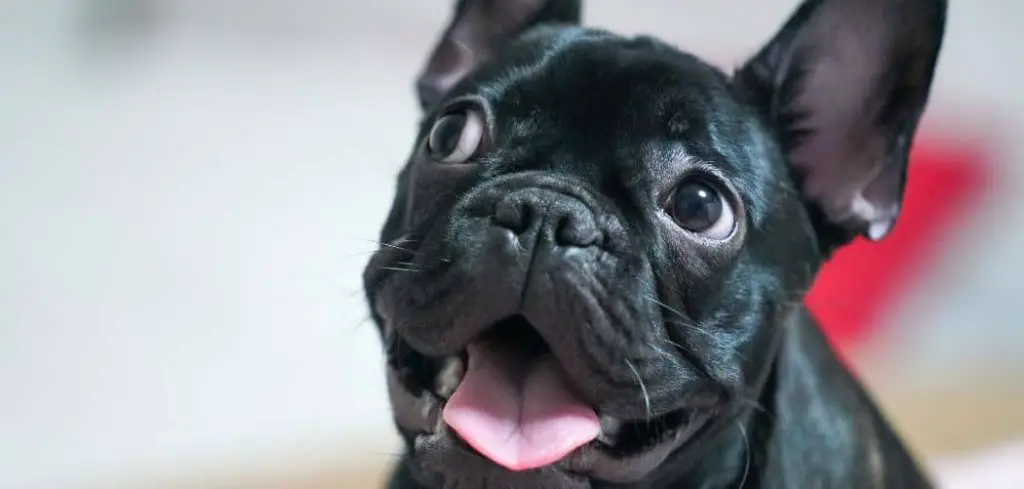If your dog is drinking a lot of water and also coughing, it may seem unrelated—but this combination often points to underlying medical issues. From heart conditions to respiratory infections, these symptoms together should prompt careful attention.
We outline the common causes of dog drinking a lot of water and coughing, what you can do at home, and when to seek veterinary help.
Dog Drinking a Lot of Water and Coughing — Why It Happens
Excessive thirst and coughing may be linked by conditions such as heart disease, lung infections, tracheal collapse, or hormonal disorders like Cushing’s. These conditions can affect the lungs, heart, or fluid balance, causing both coughing and increased water intake in response to inflammation, discomfort, or internal strain.

Common Causes of Dog Drinking a Lot of Water and Coughing
Heart Disease (Congestive Heart Failure)
One of the most common causes of coughing and excessive drinking is congestive heart failure.
When the heart doesn’t pump efficiently, fluid can accumulate in the lungs, leading to coughing and labored breathing.
Increased thirst often results from medications like diuretics or as a response to the heart working harder.
Dogs may also have a persistent nighttime cough, exercise intolerance, or fainting episodes. X-rays and echocardiograms help confirm diagnosis.
Tracheal Collapse
Small and toy breeds like Yorkies or Pomeranians are prone to tracheal collapse, which causes a honking cough, especially when excited or drinking.
This condition can lead to bouts of coughing after water consumption and excessive panting that may be mistaken for thirst.
While it’s not usually life-threatening, it can be distressing and worsen over time. Weight management and cough suppressants often help.
Kennel Cough or Upper Respiratory Infection
Viral or bacterial infections like kennel cough can lead to a dry, hacking cough that may be triggered when your dog drinks water.
Affected dogs may also feel slightly warm or tired and may drink more to soothe their throats.
Most cases resolve with rest, but persistent or worsening coughs may require antibiotics or antivirals.
Read more: Dog Drinking a Lot of Water and Breathing Heavy (What it means)
Cushing’s Disease
Dogs with Cushing’s produce excess cortisol, which increases thirst and can cause panting or coughing due to abdominal distention or pressure on the lungs.
Affected dogs often have a pot-bellied appearance, thinning hair, and skin changes.
Cushing’s is diagnosed with hormone testing and typically managed with daily medication.
Inhaled Irritants or Foreign Objects
If your dog recently inhaled smoke, dust, or a small object like a grass seed, it could trigger both coughing and discomfort.
Some dogs may drink frequently to clear their throat or reduce irritation, but continue coughing.
Your vet may use imaging or a scope to inspect the airways and remove any obstruction or treat the irritation.
What to Do If Your Dog Is Drinking a Lot and Coughing
Observe the type of cough—dry, wet, honking, or gagging—and note if it worsens with activity, eating, or lying down.
Provide fresh water and a calm environment, especially if the cough is triggered by excitement.
Avoid exposure to smoke, chemicals, or perfumes that could aggravate airways.
Do not give over-the-counter cough medicine without consulting your vet—many are toxic to dogs.
Seek veterinary guidance if coughing persists more than two days or is accompanied by breathing trouble or lethargy.
When to Call or Visit Your Vet
See your vet promptly if your dog:
Coughs persistently, especially at night or after drinking
Drinks more water than usual for over 24–48 hours
Has trouble breathing or wheezes
Vomits, collapses, or becomes lethargic
Shows signs of swelling or discomfort in the abdomen or chest
Your vet may recommend bloodwork, chest X-rays, hormone tests, or a heart ultrasound depending on symptoms.
Read more: Dog Drinking a Lot of Water and Shaking (Here’s why)
Key Takeaway
When a dog is drinking excessively and coughing, it’s often not a coincidence—heart conditions, respiratory disease, or hormone imbalances may be at play.
Act early, especially if coughing worsens or breathing becomes labored. Timely veterinary care can make all the difference in getting your dog the right treatment and relief.
